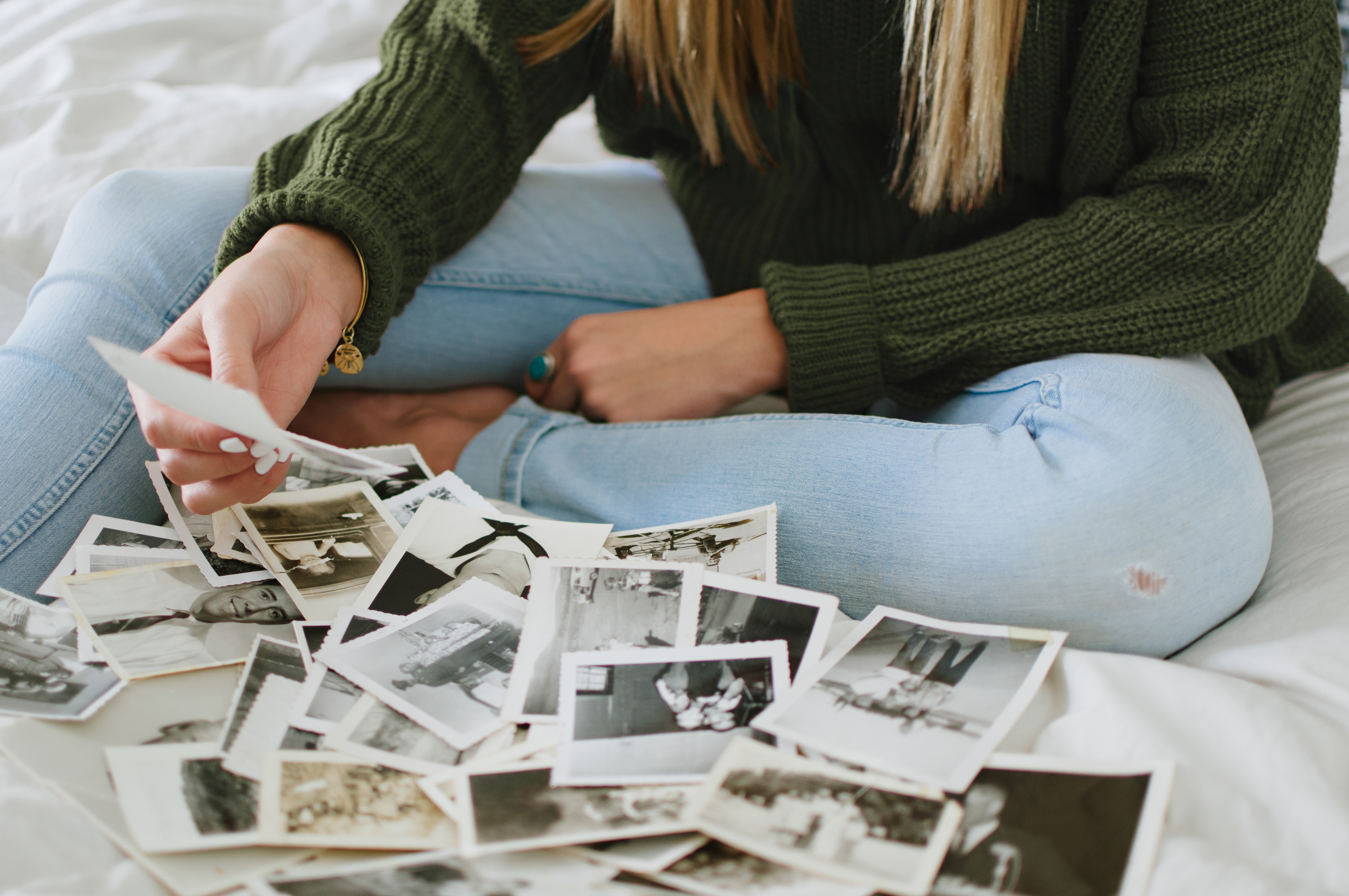It’s likely that most of us who have dug into our pasts in any way have found some type of skeletons in the proverbial closet. Trauma, racism, oppression, addiction, abuse, and neglect and painful and traumatic issues. They are also very human issues that pervade everyone’s history. Not one of us is immune. So what do we do when we find these complicated and painful stories in our own past (or present)? How do we honor our ancestors and family members whose actions were dis-honorable? Do we look past them and ignore them focusing instead only on the positive stories? Do we shun those particular people and try to push them out of our own stories? I admit I’ve tried to do both – though neither very successfully.
I have ancestors who emigrated to this country on the Mayflower. They were early settlers of the American colonies. They were brave and courageous. Their actions and the hardships they faced and overcame directly led to the life I am blessed to live today. They were also colonizers who participated in the mistreatment of the local indigenous tribes and the mass destruction of their communities. They stole their land, brought disease and saw them as lesser humans. So, how do I grapple with these complicated and contradictory feeling
I am not completely sure, but I think it starts with adding honesty to honor. We hear a lot about honoring our ancestors, yet when we’re able to truly, honestly, look at our family histories we are given an incredible gift. We are able to see people as multi-dimensional. We’re able to honor their good while denouncing the bad. We’re able to learn from the mistakes and misdeeds of others and know better and do better. We’re able to teach our children better.
I can choose to step out of the shame of what they did and step into a healthier place. For some, I can commend them for their bravery and the blessings they brought to me and condemn what they did wrong. For others, I can condemn their actions but honor their example of what not to be. I can have gratitude for the blessings that have come from my pilgrim ancestors. I can honor them for what they did that was good and faithful and brave. I can also hold them accountable for the things they did that were wrong. I can teach my family that good people can do bad things to help us become more aware of the harm that complacency can cause and so that we can become better advocates. I can teach them to be brave and strong and stand up for what we believe WITHOUT hurting others in the process.
Acknowledging both the good and the bad is what allows us to be authentic about our story. It is what gives us the power to make a choice about where our story goes from here. It is what allows us to do something better. We can honor those who are part of our stories while still being honest about who they were, what they did, and hurt they caused. In fact, I think the only way to truly honor someone is to let them be seen – fully seen, flaws and all – and try to love them or at least learn from them anyway.
I’d love to hear how you grapple with these scenarios in your family history and what steps you are taking to make these changes in your own life.
